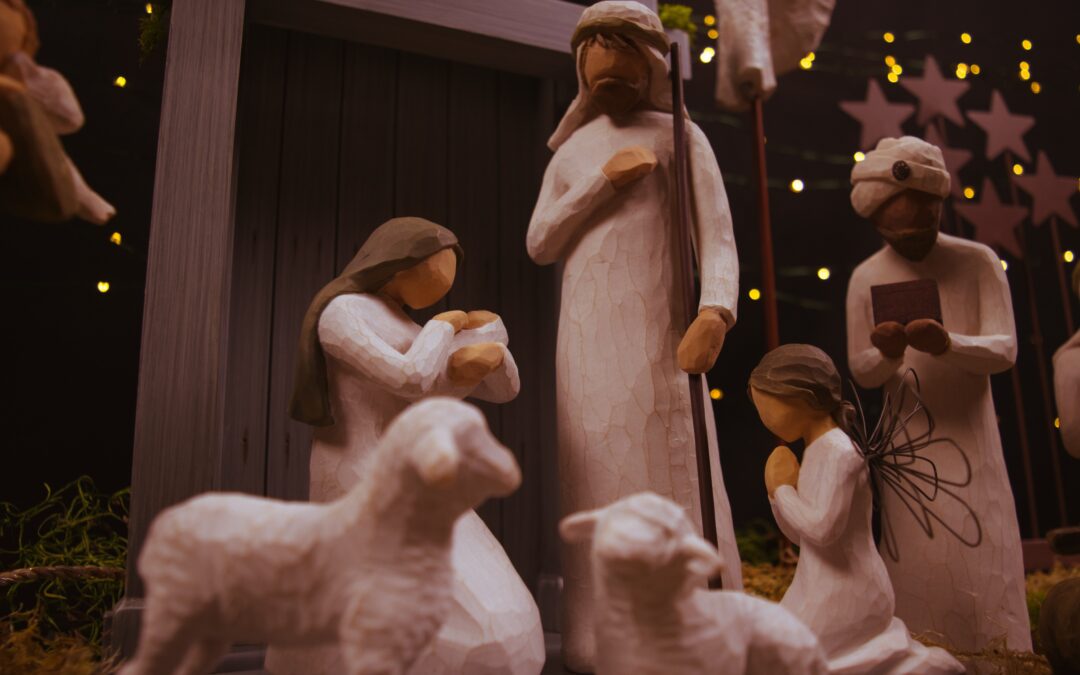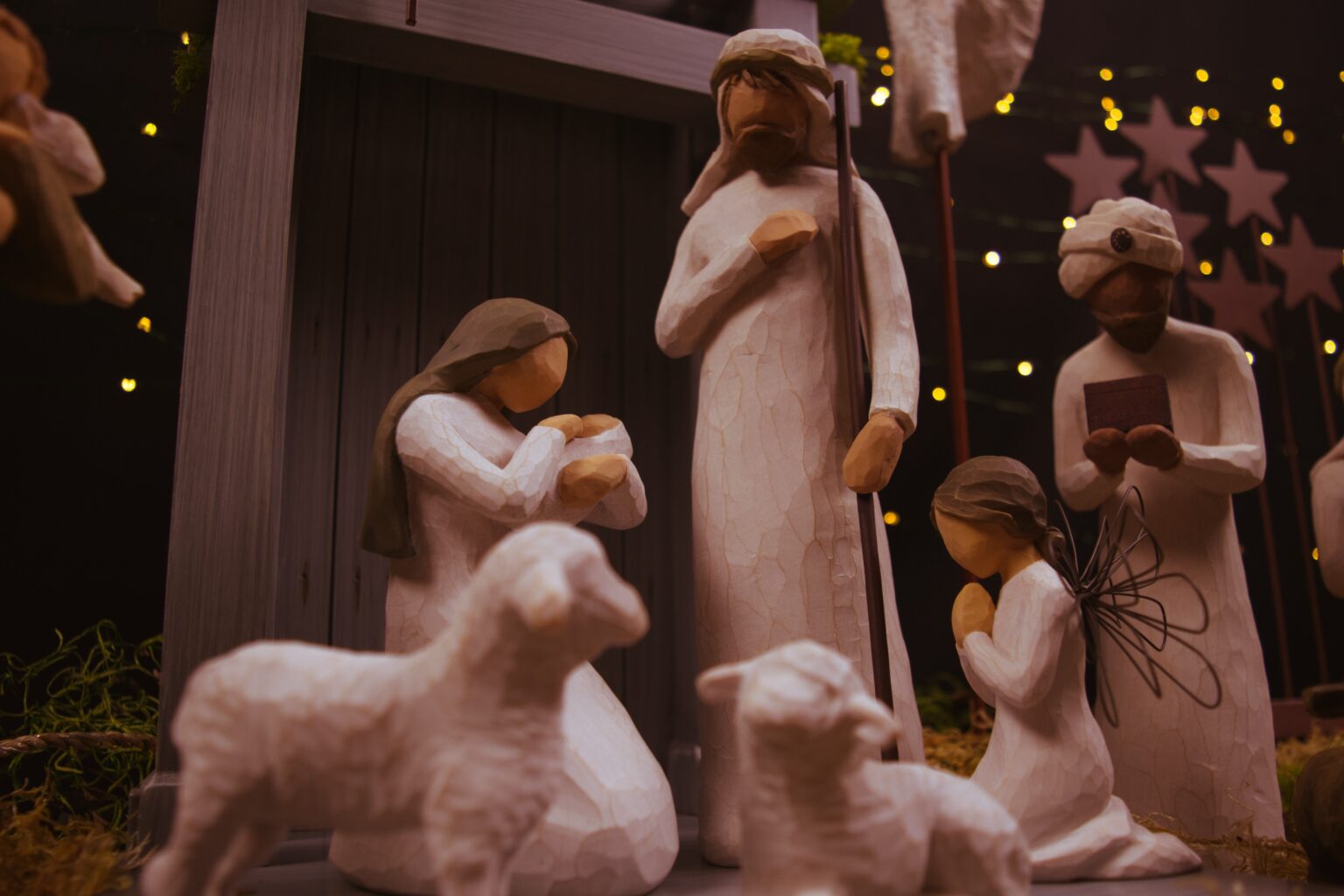John 1:14: “And the Word became flesh and dwelt among us, and we have seen his glory, glory as of the only Son from the Father, full of grace and truth.”
Isaiah 7:14: “Therefore the Lord himself will give you a sign. Behold, the virgin shall conceive and bear a son, and shall call his name Immanuel.”
Luke 1:35: “And the angel answered her, “The Holy Spirit will come upon you, and the power of the Most High will overshadow you; therefore the child to be born will be called holy—the Son of God.”
Charles Dickens was on to something when, in his novel A Christmas Carol, he described humanity’s journey through the lenses of past, present, and future. The hero (begun as the villain) of the story was Ebenezer Scrooge — a prominent, self-centered, greedy old man. Scrooge despised good cheer and celebrations like Christmas because he had long forgotten the winding roads of his own journey. In doing so, he left behind the avenues of fond memories, lost loves, and compassion for his fellow human beings. You know how the story goes, as Scrooge’s descent into a broken life engaged the Ghost of Christmas Past, the Ghost of Christmas Present, and the Ghost of Christmas Yet-to-Come. Through some not-so-pleasant windows into Scrooge’s life, the spirits convinced him that he needed to change, and motivated his transformation.
No matter what Scrooge had done (or not done) for those who had intersected his life, he had a chance to be different… and sometimes a chance is all a person needs to change the trajectory of his or her life. What was the benefit of that transformation? Well, a family would be able to take care of a sick child. That family would have enough to eat — and not just for the holidays, but for every day. Scrooge’s relationships were restored. His interactions with others were changed. He gave a generous donation to help house and feed the needy. Dickens’ story reveals that the best transformations are more than theory — they help change an idea into action. Scrooge’s spiritual experience not only changed his life, but the lives of those around him.
The message of Jesus’ birth is not just a celebration of His coming, but of how we live the power of the nativity’s primary announcement, The Incarnation, today and tomorrow and every day. Taking moments in the calendar to ponder the blessings of the past are important, but the baby of Bethlehem expects more. How does His birth hold you accountable, engage your passion for those in need, and motivate you to not simply proclaim your faith but to actually live it in the world? Such a life wraps the past and present into a beautiful, transformative gift that can change the future. As Cousin Eddie in National Lampoon’s “Christmas Vacation” would say, “It is the gift that keeps on giving…” (Thank you, Eddie.)
So turn on a version of A Christmas Carol this year, and celebrate the lesson of Scrooge. Enjoy your holiday walk down memory verse lane, and sing your carols and hymns with gusto this season. Look at the ornaments on your tree, and recall where they came from and who they remind you of. But don’t just pack up your journey with Jesus as you would pack up those Christmas decorations. Keep him out, front and center, all year round. God bless us, every one.


